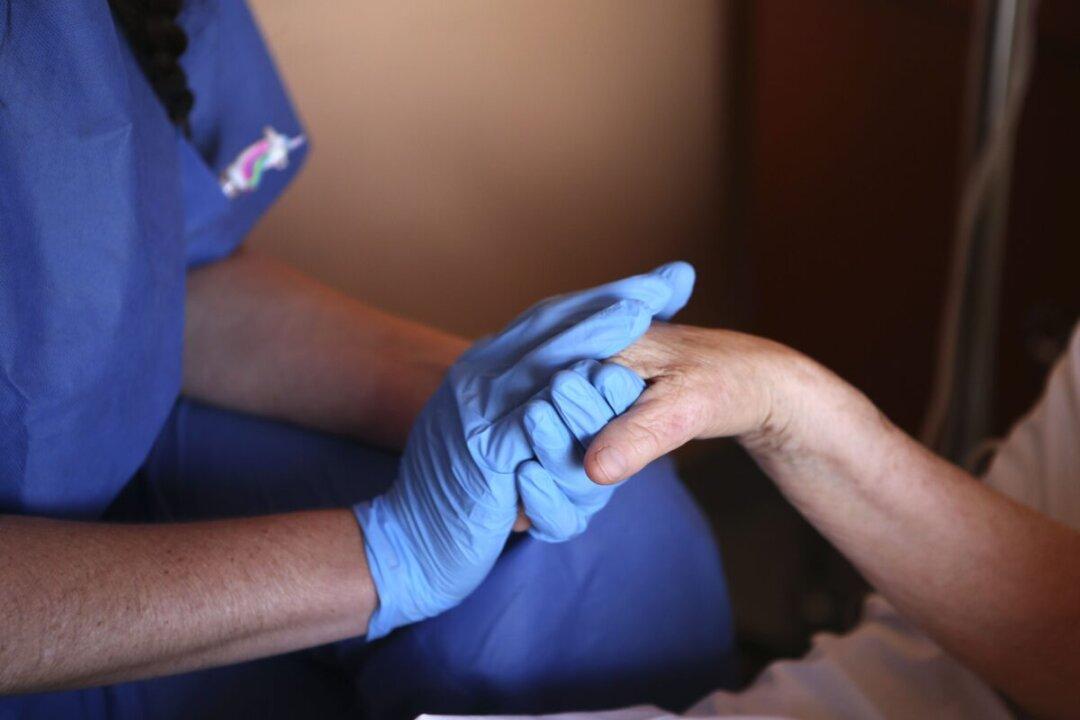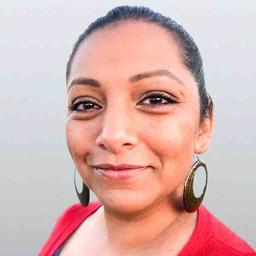Commentary
In September 2019, one judge in one lower court in one province (Quebec) decided that a medically assisted death should be available to people who are not dying. Now, the federal government’s Bill C-7, if it passes, will change the law for all Canadians who are chronically ill or disabled—including those who in addition have a mental health disorder—based on this one court case.

